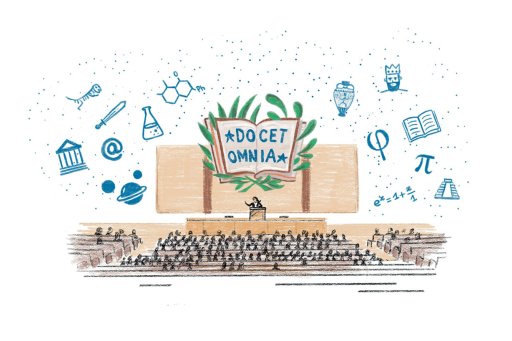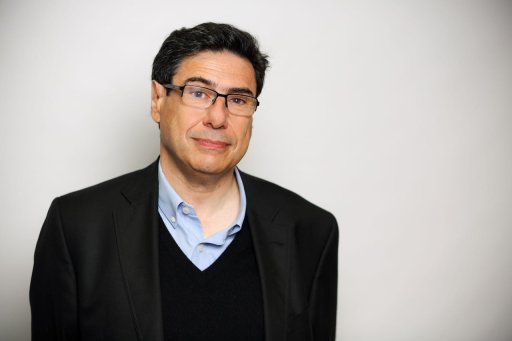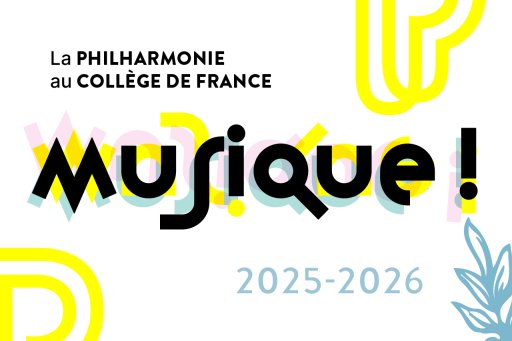In the history of opera, the status of the libretto has never been completely self-evident, but the " opera crisis ", which began over half a century ago, led to a radical rethinking of the relationship between music and text, the shockwaves of which are still being felt today. The libretto, long perceived as the seat of all the genre's conventions, has become a problematic object, which we have been happy to dismiss, only to see it reappear in new forms. For a while, an anti-narrative approach seemed to be the new norm, but this did not establish itself as a stable way of confronting the spectator with the representation of an emotional, social or political world.
Contemporary opera or, if you prefer, today's musical theater - but this distinction is in itself a theoretical issue - is thus constantly confronted with questions of narrative and character, dramaturgy, the visual arts and multimedia. In the absence of a routine that would have replaced the old institutional pact between the various specialists in sound, speech and image, it is common for the way in which all these dimensions are articulated to be as much a part of a composer's project as the musical writing itself, whether he is working alone or with a librettist and/or director.
In this respect, Pascal Dusapin's career is extremely rich, from Roméo & Juliette (1989), written with the writer Olivier Cadiot, to Faustus - The Last Night (2006), in which he himself wrote a libretto based on the text by Christopher Marlowe. Each of his five operas created to date follows a different dramaturgical path, while remaining faithful to the principle of representation which, perhaps more than any other, has defined the social function of opera: the unfolding of the experience of tragedy within a complex musical temporality.
On the occasion of the Paris premiere of Dusapin's Faustus on November 15 at the Théâtre du Châtelet, as part of the Festival d'Automne à Paris, the École des Hautes Études en Sciences Sociales is organizing a day of reflection on these issues, bringing together composers, librettists, stage directors and musicologists. The premiere of Into the Little Hill by George Benjamin, with libretto by Martin Crimp, on November 22 at the Opéra Bastille amphitheatre and as part of the same festival, also contributes to the topicality of this discussion.
The meeting is part of a collaboration between the École des Hautes Études en Sciences Sociales and the Collège de France, where Pascal Dusapin was appointed Chair of Artistic Creation this year.









